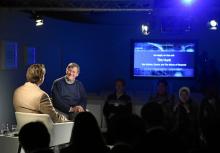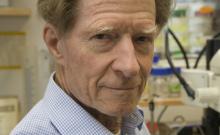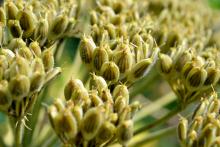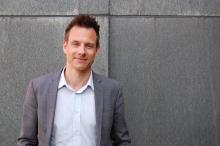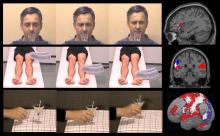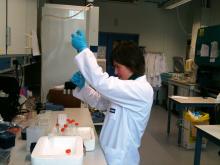How to make a scientist: Sir Tim Hunt’s recipe
Should we rethink education to foster curiosity, creativity and competitiveness? At the last World Economic Forum in Davos, Switzerland, Sir Tim Hunt, member of the ERC Scientific Council and Nobel laureate in 2001 proposed some guidelines.

